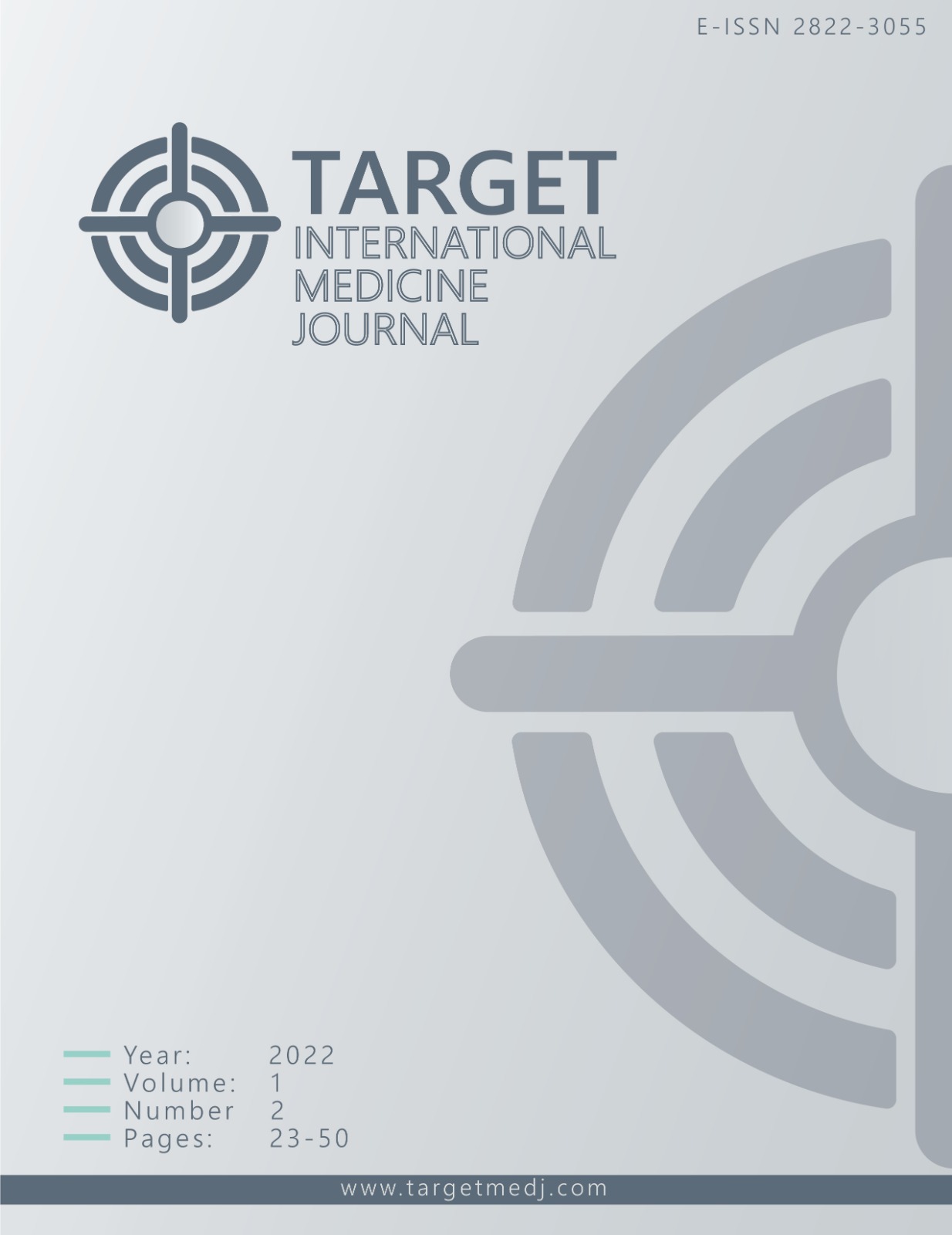Author :
Abstract
Keywords
Abstract
Aim: In this study, we aimed to determine the temperaments that identify lifelong attitudes and behavior in emergency and family physicians; to give information to the literature to stress management, physician patient relationships, prevention of physical or verbal violence.
Materials and Methods: This study is a prospective, descriptive study on emergency and family physicians working in more than one center in Ankara. Participants were identified as affective temperaments according to TEMPS-A (Temperament Evaluation of Memphis, Pisa, Paris, San Diego Auto-questionnaire). Mann–Whitney U test was used for statistical differences between groups. Chi-square or Fisher's Exact test was used for the analysis of categorical data. A value of p < 0.05 was considered significant.
Result: 203 physicians were applied to study. Eighty emergency physicians and 71 family physicians were included in the analysis. Sixty nine (45.6%) of the physicians included in the study were female. Eighty percent of the emergency physicians and 54.9% of family physicians did not have any affective temperament, this difference was statistically significant (p = 0.001). Among emergency physicians, 6.3% cyclothymic and 6.3% hyperthymic temperament were found. In the family physicians, the 14.1% depressive, 14.1% anxious, 8.5% cyclothymic and 8.5% hyperthymic temperament were found. Depressive temperament was higher in family physicians than emergency physicians (p = 0.02).
Conclusion: In this study, it was determined that emergency physicians had less affective temperament than family physicians. Family physicians have more depressive temperament than emergency physicians. According to our results, emergency physicians are predominantly cyclothymic and hyperthymic temperament, whereas family physicians are predisposed to depressive and anxious temperament.
Keywords
- 6. Maremmani I, Dell’Osso L, Rovai L, et al. Discrimi-nant and convergent validity of TEMPS-A[P] correlation with MMPI and the emotional-affective state following a stressful situation. J.Affect. Disord. 2011;129:27-33.
- 8. Deniz Pak M, Özcan E, İçağasıoğlu Çoban A. Secondary traumatic stress level and psychological resilience of emergency service staff. The Journal of International Social Research. 2017;10:628-44.
- 9. Family medicine practice rules. Official Newspaper. May 25, 2010. 27591 [Internet] [cited 2018 March 12]. Available from: https://www.resmigazete.gov.tr/ eskiler/2010/05/20100525-10.htm
- 10. Ministry of Health Family Medicine Description. [Internet]. Ministry of Health of Turkey [cited 2018 March 12] Available from: http://ailehekimligi.gov.tr/aile-hekimlii/ aile-hekimliinin-tanm.html
- 11. Machi MS, Staum M, Callaway CW, et al. The relationship be-tween shiftwork, sleep and cognition in career emergency physicians. Acad Emerg Med. 2012;19:85-91.
- 12. Jaracz M, Paciorek P, Bucinski A, Borkowska A. Affective temperament, and executive functions in emergency medicine professionals. J Affect Disord. 2014;168:192-6.
- 13. Vahip S, Kesebir S, Alkan M, et al. Affective temperaments in clinically-well subjects in Turkey: initial psychometric data on the TEMPS-A. J Affect Disord. 2005;85:113-25.
- 14. Atadağ Y, Aydın A, Kaya D, et al. Changes in causes of admission to tertiary health care center with family medicine implementation. Turkish Journal of Family Practice 2016;20:141-51.
- 15. Baykan Z, Çetinkaya F, Naçar M, et al. Burnout among family physicians and its associated factors. Turkish Journal of Family Practice. 2014;18:122-33.
- 17. Satar S, Cander B, Avcı A, et al. Why speciality in emergency medicine is not preferred? Journal of Academic Emergency Medicine. 2013;12:234-6.
- 19. Kikuchi Y, Nakaya M, Ikeda M, et al. Relationship between job stress, temperament and depressive symptoms in female nurses. Int J Occup Med Environ Health. 2014;27:426-34.
- 20. Karam EG, Itani L, Fayyad J, et al. Temperament and suicide: A national study. J Affect Disord. 2015;184:123-8.
- Learn Med. 2010;16:150-6.
- 24. Sievert M, Zwir1 I, Cloninger KM, Lester N, Rozsa S, Cloninger CR. The influence of tem-perament and character profiles on specialty choice and well-being in medical residents. PeerJ [Internet] 2016 Sep 6 [cited 2018 May 15] Available from: https://peerj.com/articles/2319/
